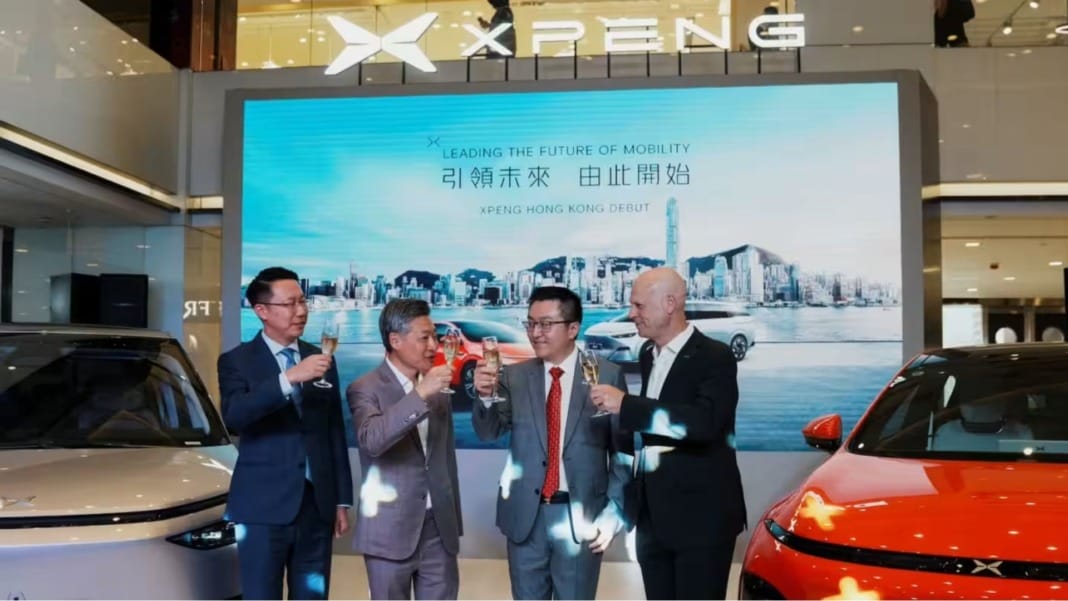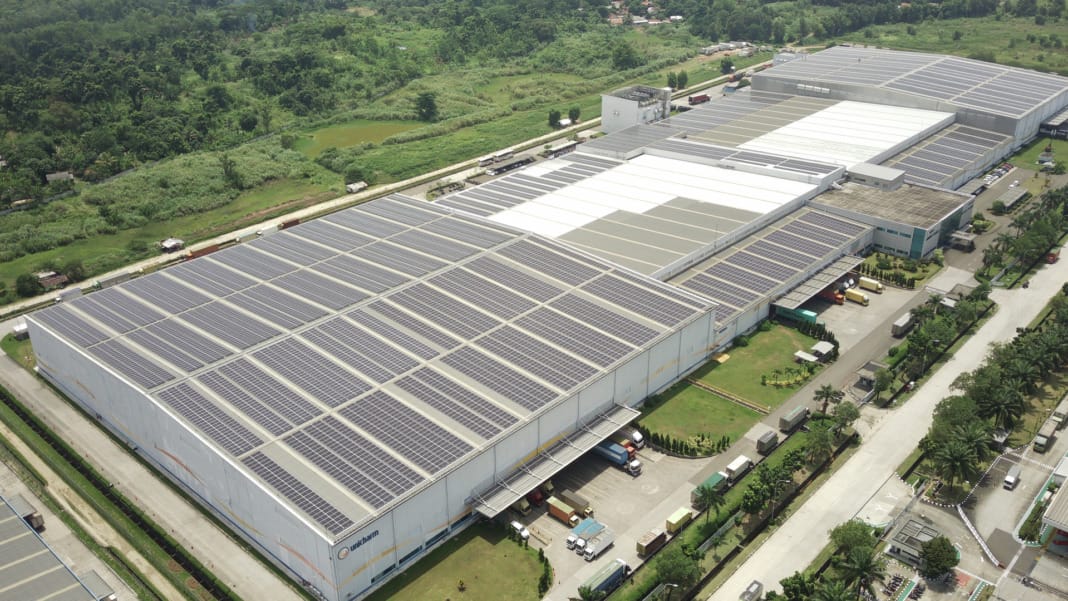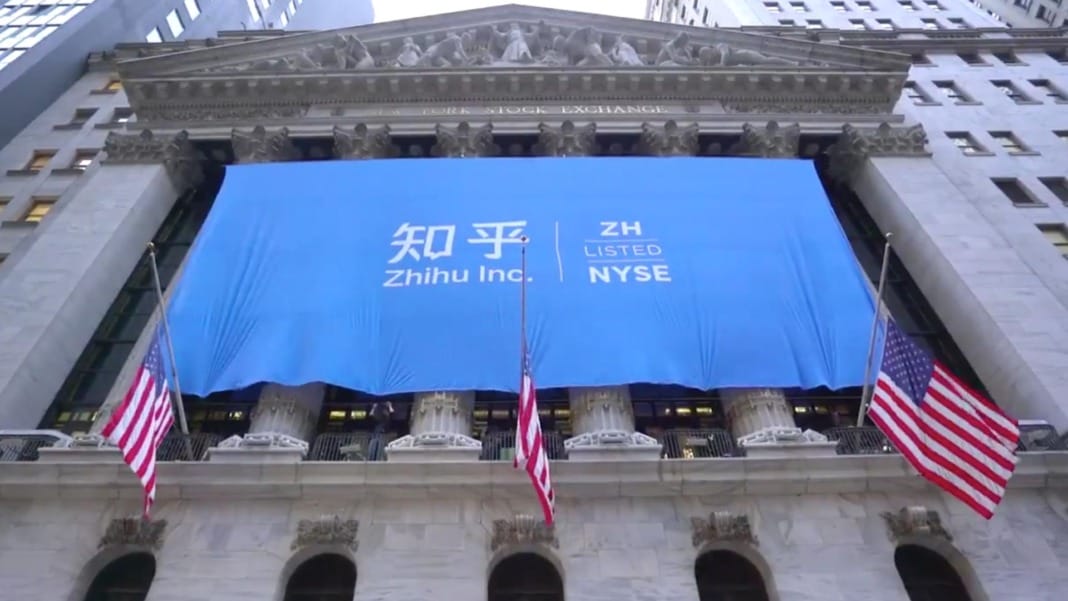China’s top three premium electric vehicle (EV) manufacturers, Li Auto, Xpeng, and Nio, have demonstrated their strategic business acumen. Despite the need for discounts and incentives, these companies have managed to achieve significant sales growth in June, a clear indication of their sound decision-making and market understanding.
Based in Beijing, Li Auto leads the race with a 36.4% month-on-month increase in deliveries, reaching 47,774 units. This figure is shy of their all-time high of 50,353 units set in December. Guangzhou-based Xpeng has also seen a steady rise in its sales for the fifth consecutive month, with a 5.1% increase to 10,688 vehicles. Meanwhile, Shanghai-based Nio set a new record for the second month, with deliveries rising 3.2% from May to 21,209 units, surpassing their previous record set in [month and year].
Incentives driving growth
The robust sales figures underscore the continued expansion of China’s EV market, even amidst concerns about slowing momentum. Eric Han, a senior manager at the advisory firm Suolei in Shanghai, noted that while the market is growing, leading companies face the formidable challenge of maintaining profitability due to the necessity of offering discounts and incentives. These discounts and incentives, while driving sales, also put pressure on the companies’ profit margins, making it difficult for them to achieve sustainable profitability in the short term.
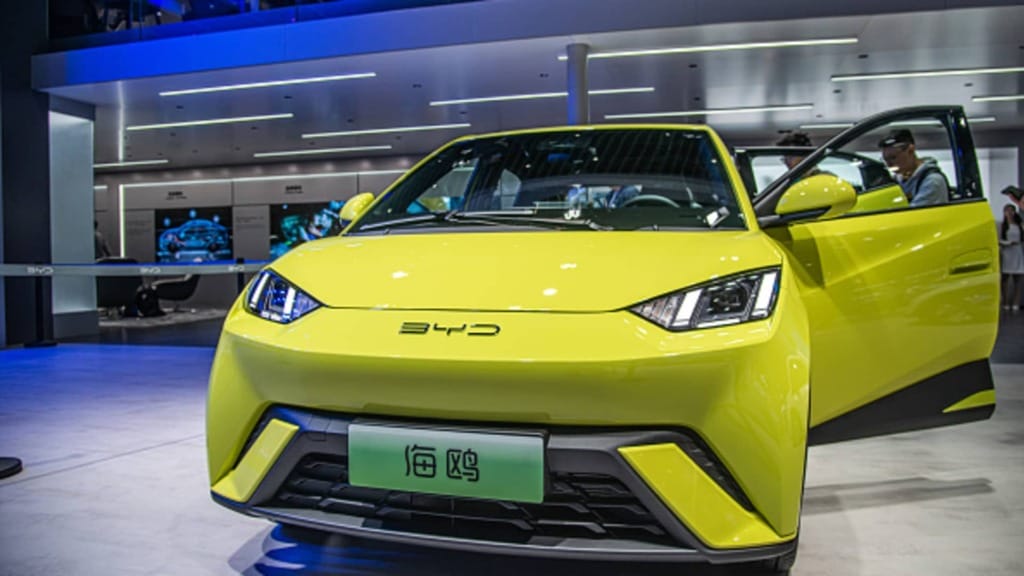
At the start of 2024, the top three premium EV makers saw deliveries drop as new competitors, such as smartphone giant Xiaomi, entered the market with their own models aimed at affluent consumers. These established players had to reduce prices or introduce incentives, like waiving battery rental fees, to stay competitive. The entry of new players like Xiaomi has intensified the competition in the market, forcing the established players to rethink their strategies and innovate to maintain their market share.
Nio’s introduction of incentives for its battery swap technology in May significantly attracted new buyers. This technology lets car owners quickly exchange a used battery for a fully charged one. Under the promotion, Nio vehicle buyers who rent a swappable battery are exempt from paying the rental fees for 12 months, a savings of 8,736 yuan (US$1,202).
Xiaomi reported that its SU7 intelligent EV surpassed the 10,000 delivery mark in June. The Beijing-based company started delivering the vehicle in late March. It aims to compete with Tesla’s Model 3 and targets at least 100,000 SU7 deliveries in 2024.
Market expansion amid competition
The market expansion of Zeekr, a premium EV unit of Geely, and BYD, the world’s largest EV manufacturer, is a promising sign for the future of the EV market. Both companies reported record sales in June, indicating a growing consumer interest in electric vehicles and a bright future for the industry.
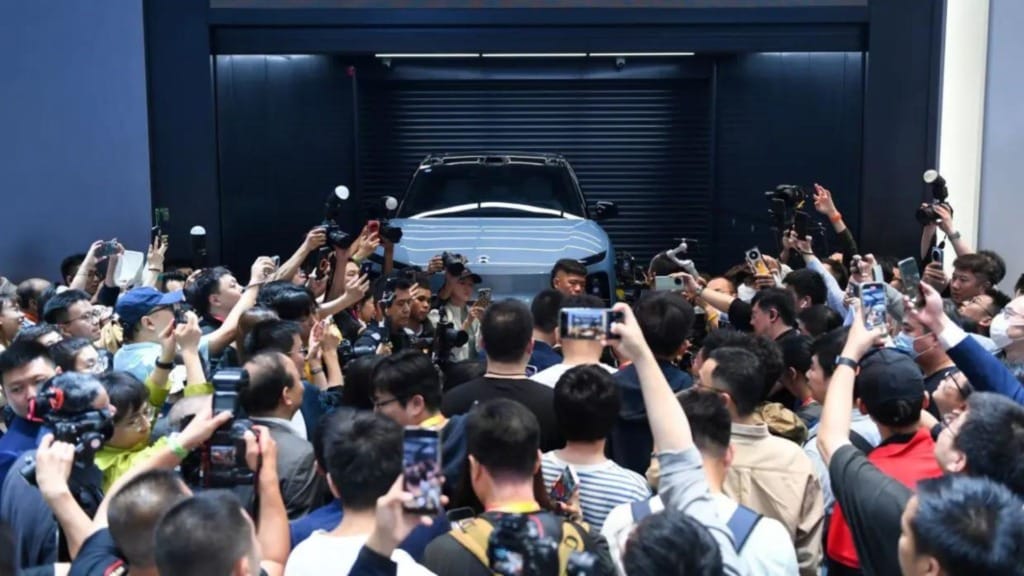
Shenzhen-based BYD, supported by Warren Buffett’s Berkshire Hathaway, reduced the prices of almost all its models by 5% to 20% in mid-February. According to Goldman Sachs, this price adjustment has led to an average 10% price drop across 50 models.
Only a few EV makers, such as BYD and Li Auto, have yet to achieve profitability. With trade tariffs limiting their access to European and American markets, Chinese EV manufacturers focus on Southeast Asia. The market value for cleaner cars in this region is approaching US$100 billion, and companies like BYD, Xpeng, and Geely are investing billions of dollars in countries like Indonesia, Thailand, and Malaysia to capture a larger share of these rapidly growing markets for sustainable vehicles.
